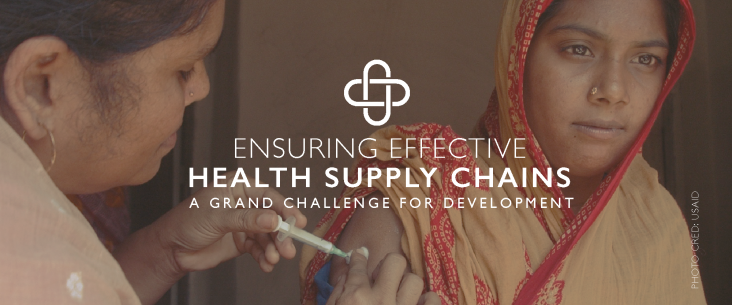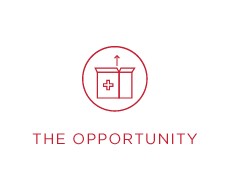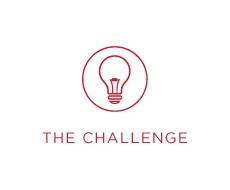- What We Do
- Agriculture and Food Security
- Democracy, Human Rights and Governance
- Economic Growth and Trade
- Education
- Environment and Global Climate Change
- Gender Equality and Women's Empowerment
- Global Health
- Humanitarian Assistance
- Transformation at USAID
- Water and Sanitation
- Working in Crises and Conflict
- U.S. Global Development Lab
Speeches Shim


Health supply chains are the backbone of health systems. They ensure the right health products reach the right place in the right condition at the right time. Strong supply chains are critical to achieving our ambitious health goals, including eliminating AIDS, TB and malaria, ending childhood vaccine-preventable deaths, and ensuring access to reproductive health services. An efficient supply chain also safeguards donors’ and country governments’ financial investments in health products.
Yet in developing countries, supply chains are often sub-optimal and ineffective in supporting these broader health goals due to a combination of failures at various points along the supply chain. Improving supply chains and addressing roadblocks to access could save up to 6 million lives and contribute to further reductions in deaths of women and young children. And cutting down on inefficiencies in supply chains could save millions of dollars per year.

Ensuring Effective Health Supply Chains: A Grand Challenge for Development
The U.S. Agency for International Development (USAID) and the Bill & Melinda Gates Foundation issued a joint call for innovative and transformative solutions that can overcome key roadblocks and build more effective supply chains in low- and middle-income countries around the world. We seek solutions that are daring in premise and different from the approaches currently used. The ideas must be translatable to practical interventions accessible in resource-limited settings and have the potential to be scaled up or reproduced in multiple settings.
MORE INFORMATION
USAID Funds New Innovations to Strengthen Health Supply Chains
The U.S. Agency for International Development (USAID) has made the first two awards under Ensuring Effective Health Supply Chains: A Grand Challenge for Development. USAID and the Bill & Melinda Gates Foundation issued the joint Grand Challenge, which sought innovative and transformative solutions with the potential to overcome key roadblocks and build more effective health supply chains in low- and middle-income countries around the world. These two awards will develop new technology-based solutions that will support health staff at the last mile to strengthen supply chain management and improve voluntary family planning availability.
WCG will harness the power of data to support provider-led solutions for improved family planning supply chains. They will build upon the capability of an existing supply chain information system to proactively empower health providers to identify and overcome their supply chain challenges, through customized data visualizations and virtual goal-setting and problem-solving support. This unique intervention will directly support the front line supply chain workers in voluntary family planning, so they can better meet the contraceptive needs of their clients.
Arizona State University’s new Frontier Economies Logistics Laboratory will develop a first of its kind mobile app that supports experiential learning for supply chain management through simulation of developing country health supply chains. Users of the app will increase their supply chain competency by making critical decisions while confronting supply chain situations that reflect real-life circumstances, learning by experiencing the impact and outcomes of their decisions. The app will provide a publicly available, low-cost and scalable solution that supports supply chain competency development at any level of the health system, and will be customizable to simulate specific country contexts.
Read descriptions of awards made by the Gates Foundation in response to this Grand Challenge.

Comment
Make a general inquiry or suggest an improvement.